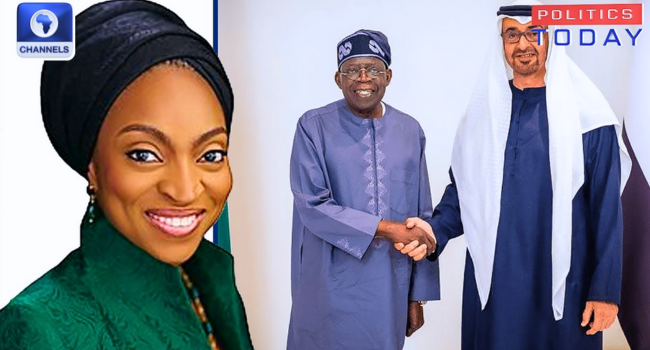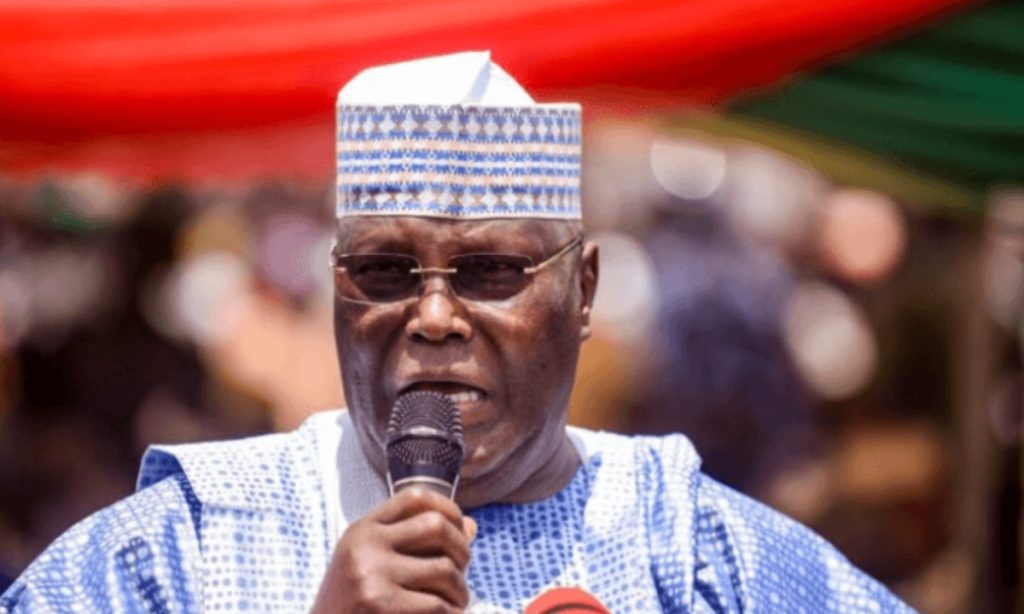The Nigerian Naira has appreciated against the United States Dollar at both the official and parallel foreign exchange markets. According to the Central Bank of Nigeria’s official data, the Naira closed at N1,465.68 per dollar on Friday, representing a gain of N14.98 or 1.02 per cent from the previous week’s closing rate of N1,480.66.
Similarly, at the black market, the Naira strengthened by N10 against the dollar on a week-on-week basis, trading at N1,485 compared to N1,495 on September 27th, 2025. This uptrend is observed despite the day-to-day fluctuations in the exchange rate. The Naira’s appreciation is likely linked to the continued increase in Nigeria’s external reserves, which rose to $42.40 billion as of October 2, 2025, representing a 0.33 per cent growth from the $42.26 billion recorded on September 26.
The external reserves’ growth can be attributed to various factors, including foreign investment and export earnings. The increase in reserves can provide a cushion for the Naira, helping to stabilize the currency and boost investor confidence. The Naira’s performance is closely watched by investors, policymakers, and economists, as it has a significant impact on the country’s economy and trade.
The appreciation of the Naira is a positive development for Nigeria, as it can help to reduce the cost of imports and increase the purchasing power of consumers. However, the country’s economic fundamentals, including inflation, interest rates, and fiscal policy, will continue to influence the exchange rate. As the global economy continues to evolve, Nigeria’s economic policies and external factors will play a crucial role in shaping the Naira’s trajectory.
The Naira’s recent performance highlights the complex dynamics at play in the foreign exchange market. The interplay between economic fundamentals, monetary policy, and external factors will continue to shape the currency’s outlook. As Nigeria navigates its economic path, the Naira’s stability will remain a key focus area for policymakers and investors alike.



